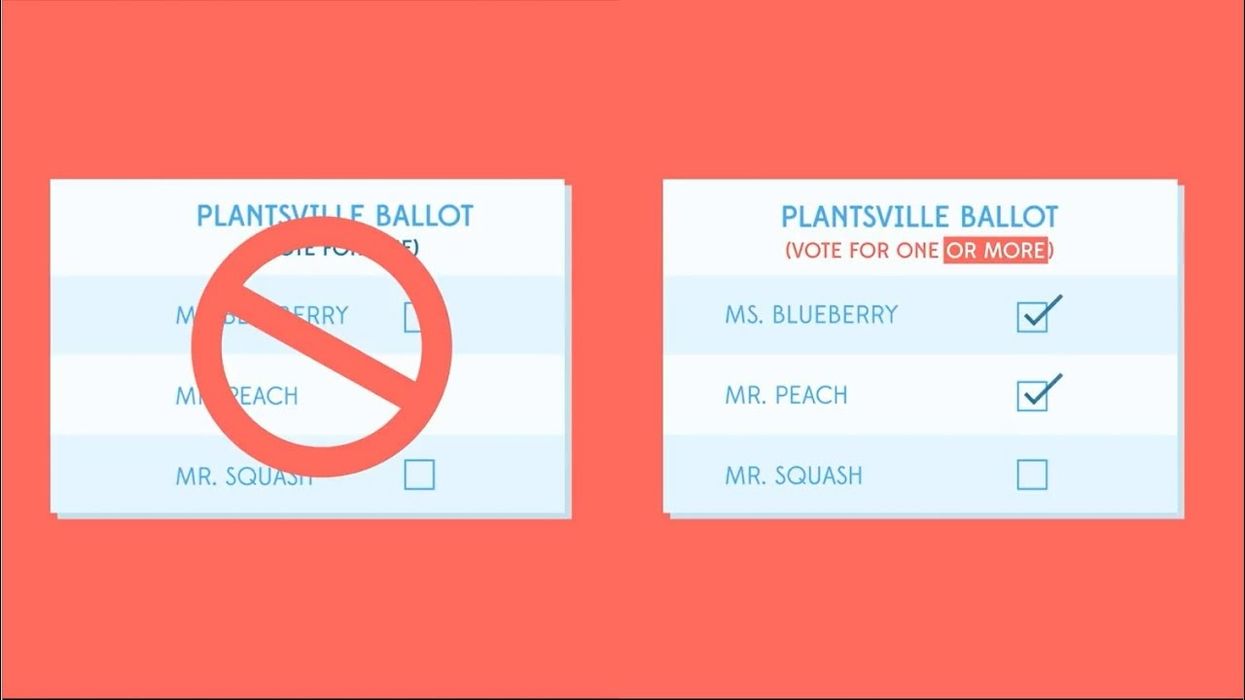Supporters of changing the way St. Louis conducts elections are excited by new poll results showing support for so-called approval voting.
Nearly three-quarters of voters surveyed said they would back changing the municipal election system so people could choose as many candidates for each office as they'd like in the first round of voting — with the two named on the most ballots advancing to a runoff.
Advocates of approval voting are gathering signatures in hopes of getting a referendum on the ballot next year. If approved, Missouri's second-biggest city would be the biggest jurisdiction in the country to switch to the system, which is different from the newly ascendant ranked-choice voting.
The poll found that African-Americans were the demographic group most in favor of the switch, at 79 percent. More than half said they would be more likely to vote in city elections under approval voting. The survey also found majorities who said they believe that changing a voting method is legal, that approval voting in particular is legal, and that changing a voting method doesn't have to cost a lot of money.
The Center for Election Scienc e, the main advocacy organization pushing approval voting, commissioned the poll of 502 registered voters Oct. 4-9; it has a 4-point margin of error.
Advocates in St. Louis began looking at alternative voting methods because of concerns that the winners in local races with multiple candidates had support from only a narrow plurality of the city.
They initially advocated for ranked-choice voting, also known as instant runoff voting. Under that system, voters may also endorse multiple candidates but they have to be listed in order of preference — with the second, third or fourth choices on ballots redistributed automatically if the top choice performs poorly, until a candidate garners majority support.
Maine and about a dozen cities use so-called RCV, and on Tuesday New Yorkers will decide whether their city should become the biggest place on that list.
The advocates for change in St. Lois switched targets after concluding approval voting would be less expensive to implement because it would be closer to the current system.
The goal now is to collect 10,000 signatures on petitions by March in order to get the referendum on the ballot next August. Supporters say they have 80 percent of the signatures they need
Fargo, N.D., is the only jurisdiction so far to use approval voting.
Advocates for the St. Louis effort said they feel good about their chances because the poll found that nearly half of those questioned had already heard of approval voting.
"These poll numbers tell us that St. Louis is open to change, that residents believe approval voting can truly change their lives and government," wrote Chris Raleigh, director of campaigns and advocacy for the Center for Election Science.




















Trump & Hegseth gave Mark Kelly a huge 2028 gift